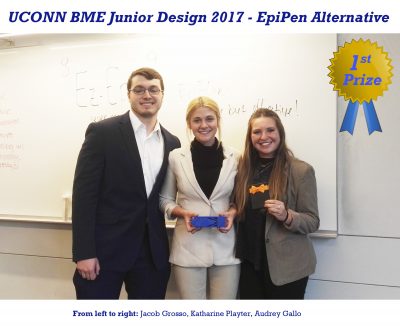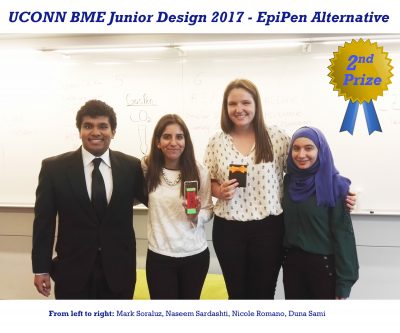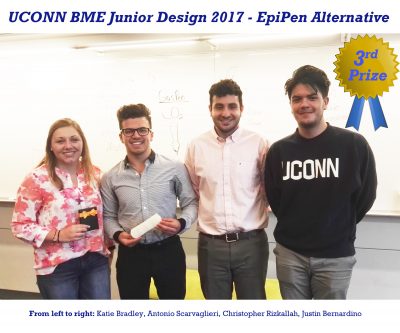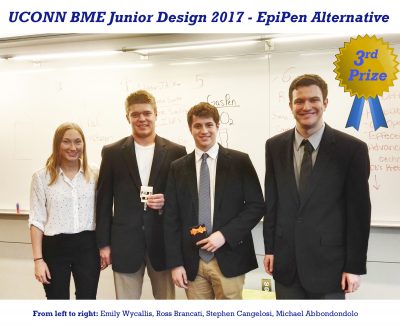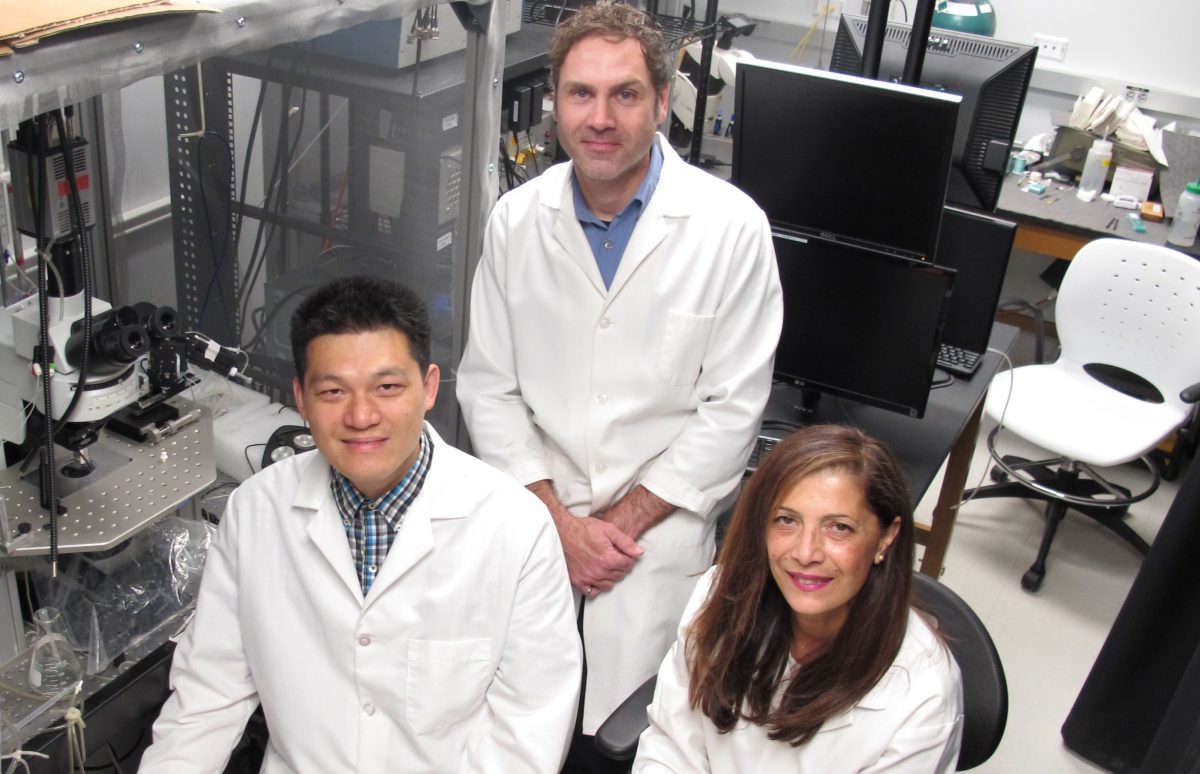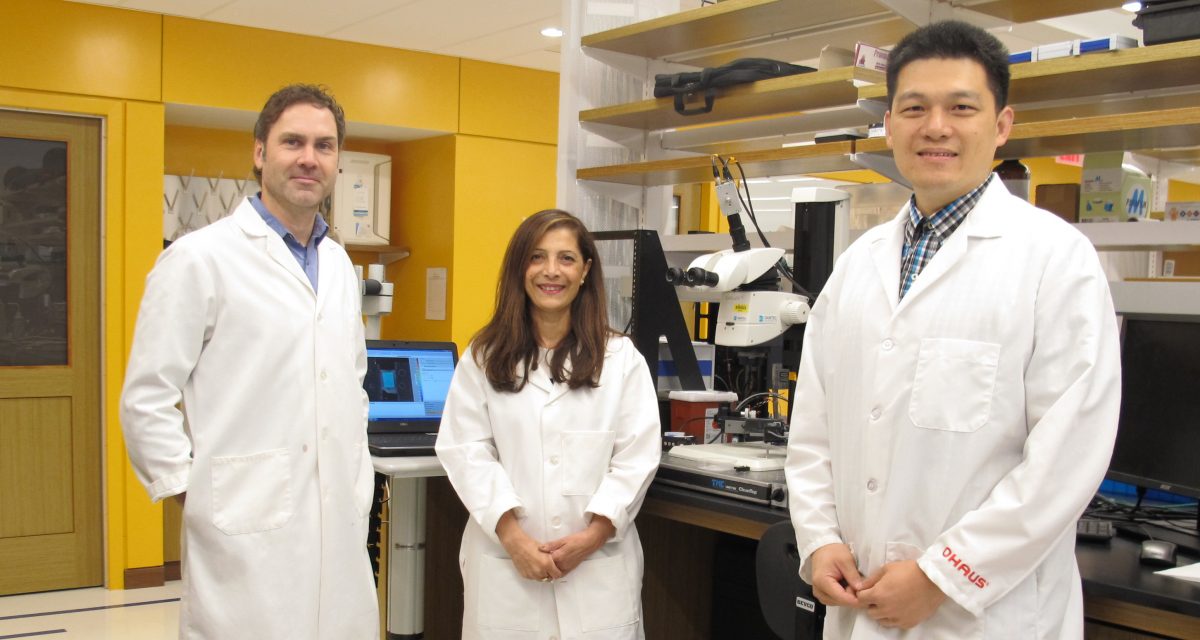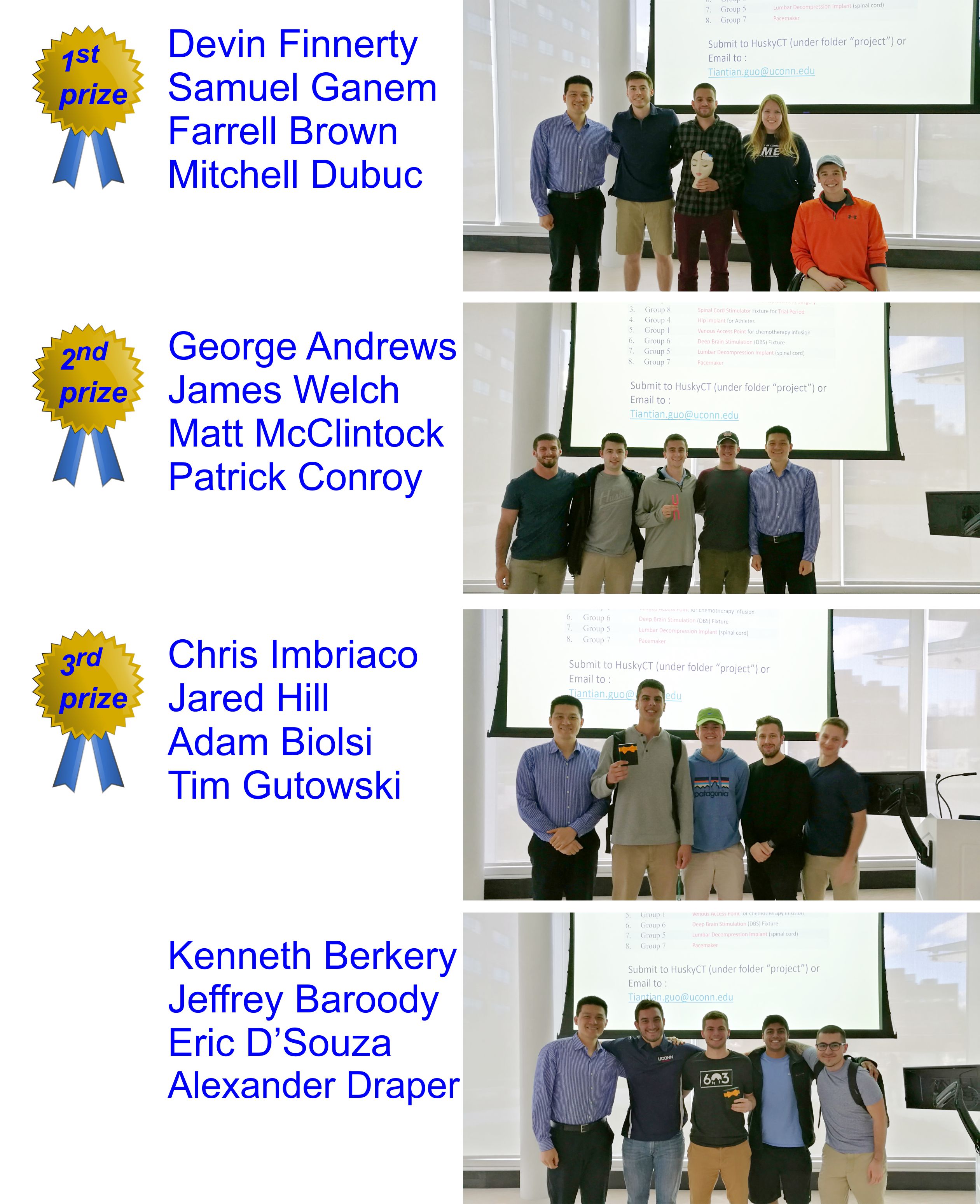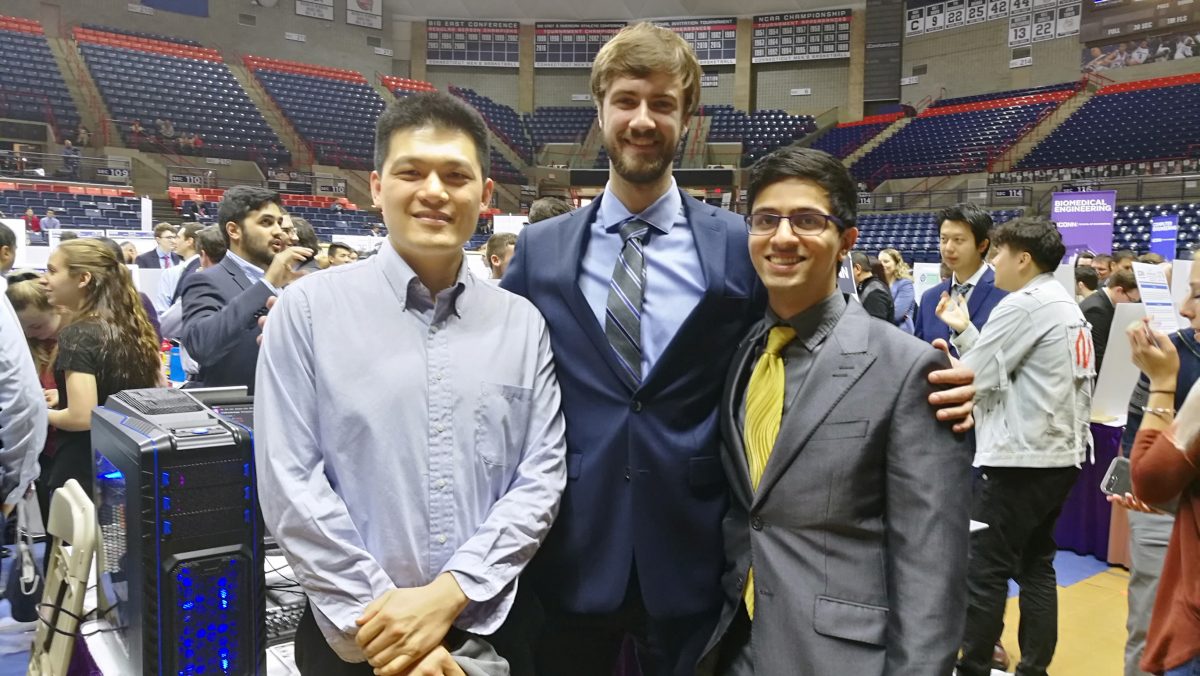GCaMP6 recordings from mouse L6 DRG. Afferents were activated by graded colorectal distension (15, 30, 45, and 60 mmHg). The video is 3 times faster than the real time.
Message to new BME graduate students from Dr. Feng
UConn BME faculty receive a $2 million R01 grant from the NIH
2018 BME Junior Design Prize Winners
Senior Design Team 2018 won the 3rd place!
Dr. Feng ran the 5K Charity Race organized by the Rowe Scholars
Jawad Ilham advised by Dr. Feng successfully defended his M.S. thesis. Good job!
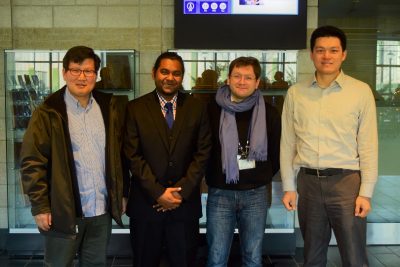
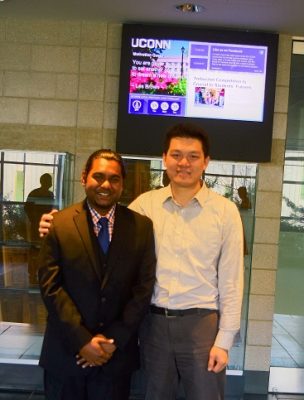

GCaMP imaging of intact L6 DRG – NPR lab’s latest data!
CAR-T cell Therapy. Breakthrough in cancer treatment via piggyback ride on the body’s immune system
In retrospect years later, this will be the time point to be remembered in cancer therapy, to which countless manpower, time and resources have been devoted.
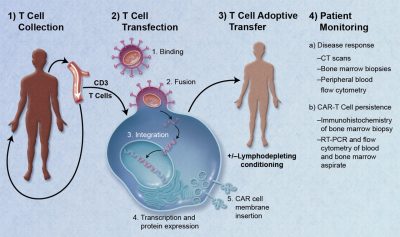
BME 3900 Junior Design Winners for “A low-cost epinephrine autoinjector as an alternative to EpiPen”
